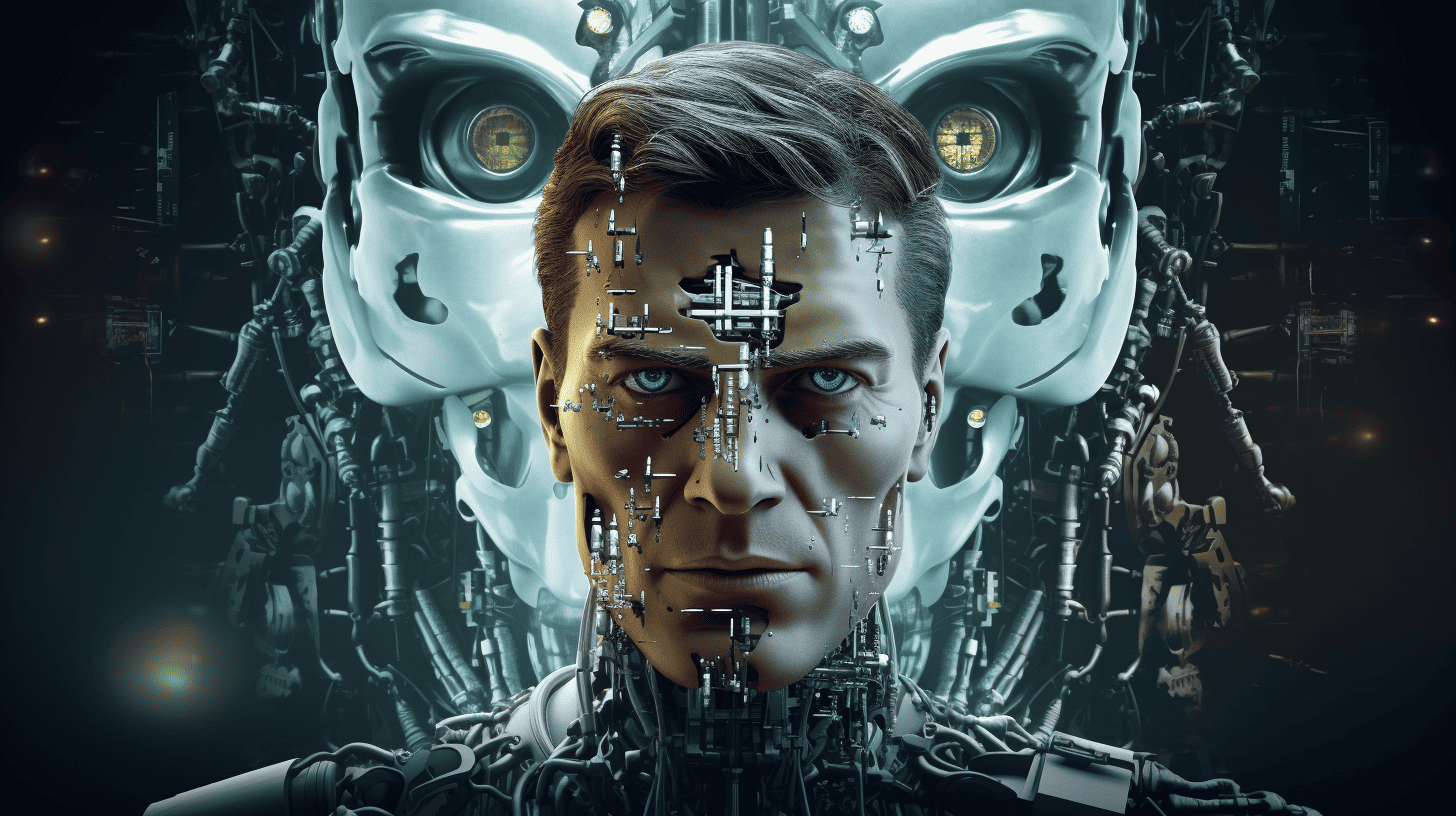
Apple TV+ is currently running an amazingly sophisticated series with the meaningful title “For All Mankind.” The plot is quickly told: In July 1969, the Russians landed on the moon in an alternate reality. American test pilots from NASA stare spellbound at the well-known pictures of the first humans on the moon, except that they raise the Soviet flag. The content of the series, which has now grown to three seasons, is a bit more complex. The Americans start a chase to overcome the disgrace caused by the Russian spaceflight successes as soon as possible.
Alternate reality is moving faster
As a result of the efforts to make up for the Russians’ lead as quickly as possible, this alternate reality develops faster, both technologically and socially. Just ten years later, the moon is commercially exploited, and the Cold War continues there. Eventually, even the Cold War heats up as the Russians and Americans settle their conflicts on the moon.
In the 1990s, as a result of the arms race of the superpowers on our planet, technology has already developed to such an extent that in places it has reached our current level. The first electric cars are on America’s roads, flat screens have replaced TVs with vacuum tubes and the first commercial space hotel is making its rounds in orbit – not unlike Stanley Kubrik’s giant wheel from 2001 Space Odyssey.

And then Mars
The third season reports on the race to Mars. The Russians, NASA, and an American billionaire all want to be the first to get there and fight tooth and nail. The U.S. billionaire is a mixture of Steve Jobs, Elon Musk and other modern-day entrepreneurs.
Setbacks and disasters
The alternative humanity of the pre-2000s is still living in the Cold War, the Russians are still the antagonists to Western democracy and with Korea, a new player joins the space race.
Positive future despite all the problems
Nevertheless, “For All Mankind” shows a bright future in which people are driving development forward with incredible energy, even nuclear fusion seems to be close to being ready for the market, and helium 3 is being mined on the moon. And when disaster strikes on Mars, Americans, Koreans and Russians must work together to survive.
Our reality is different – more introverted
Mankind has evolved differently in “our reality” since the first moon landing. You could say we have gone from extroverts to introverted Terrans (Earth-born). Space travel was dismissed as expensive madness of a few phantasts and the technological developments that arose from space travel were simply negated.
Microchips and Co.
When the real moon rocket, the Saturn 5, was developed, IBM was entrusted with the electronics of the rocket control. The space required for the first digital control elements alone, including gyros etc., was gigantic and took up the entire circumference of the third stage. However, the computing capacity was less than that of a 1980s digital clock. And yet, space travel was the beginning of the digital revolution through the development of the microchip. Without integrated circuits, there would be no Internet, no smartphones and no electromobility.
A positive attitude
The spirit of optimism of the 1960s, which lasted well into the 1970s, was abruptly dampened when the first space shuttle carrying 11 astronauts exploded during takeoff. By then, however, the evolution to introverted humanity was already in full swing.
The achievement of flying to the moon within less than ten years is no longer feasible today and certainly not communicable, it seems. Where happened to the bright future which seemed already programmed in 1967 in Kubrik’s 2001?
Elon Musk – a holdover from the last century
Many consider Elon Musk to be full of hot air, yet his strategy is that of a dynamic entrepreneur from the last century, except that he plays the digital keyboard of the 21st century like no other. Without Musk, there would not (yet) be a forceful move toward electromobility, without Musk, there would be no reusable rockets, and without Musk, Mars would be a destination, but a faraway one getting increasingly distant.
It’s time for humanity to become more extroverted again. To do this – and this sounds like a mockery in these hard times – we must finally look positively towards the future again. And we have to communicate this to a young generation that is in the process of burying its head in the sand instead of actively and pragmatically looking for solutions. In comparison, a flight to Mars actually seems to be the lesser challenge.
About this column:
In a weekly column written alternately by Eveline van Zeeland, Eugene Franken, Katleen Gabriels, PG Kroeger, Carina Weijma, Bernd Maier-Leppla, Willemijn Brouwer and Colinda de Beer, Innovation Origins tries to figure out what the future will look like. These columnists, sometimes joined by guest bloggers, are all working in their own way to find solutions to the problems of our time. You can read previous episodes here.








